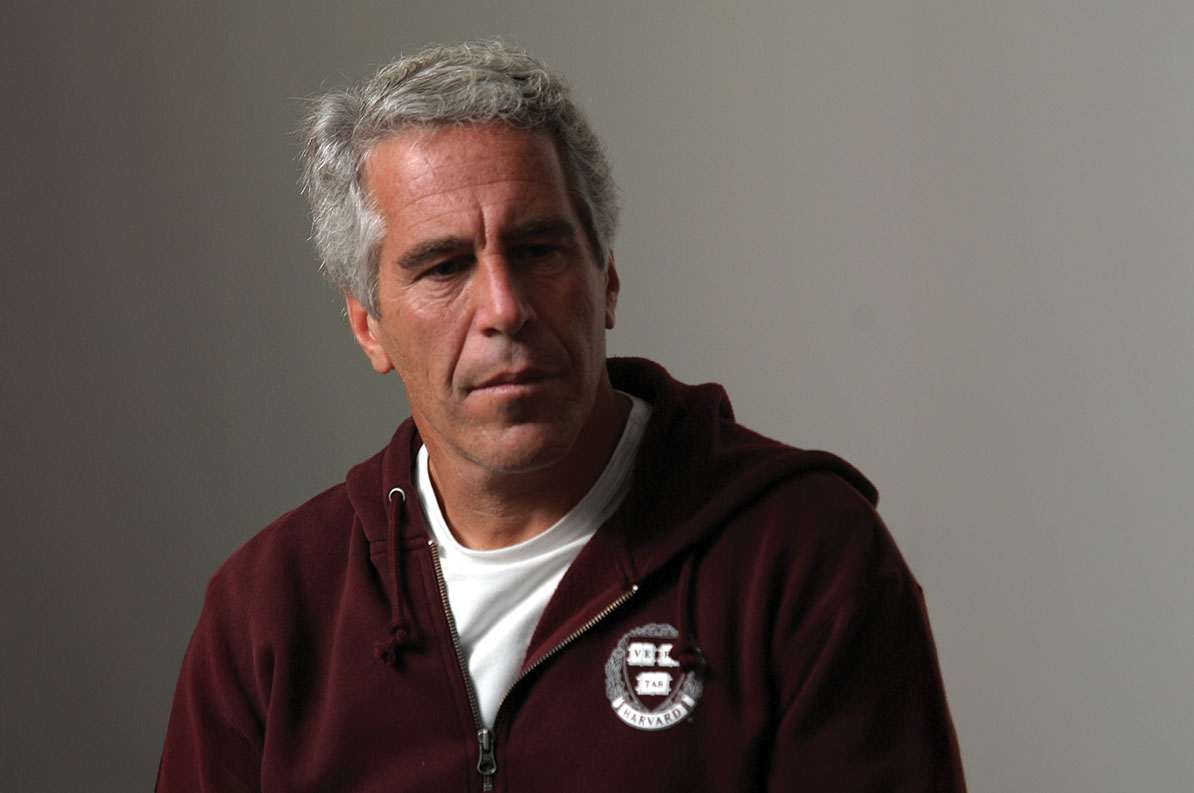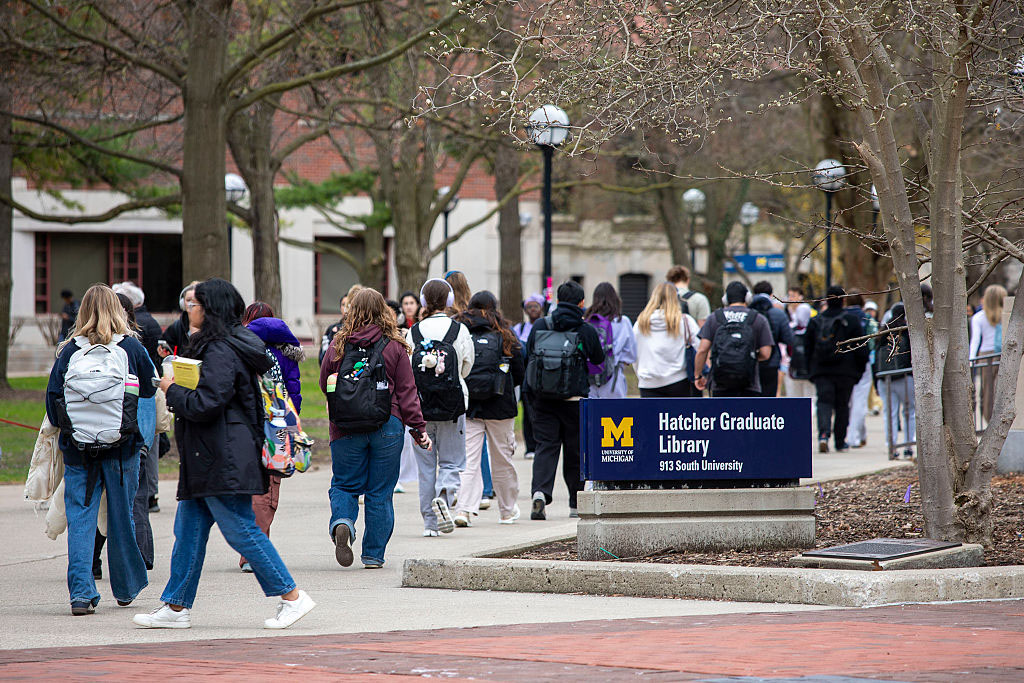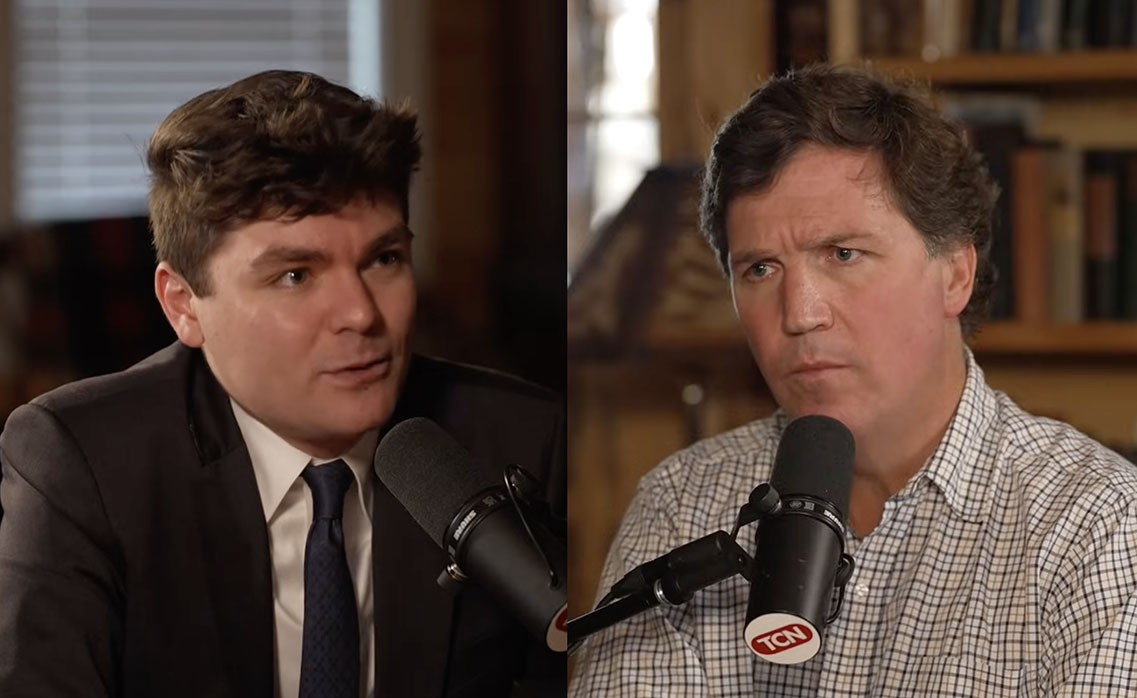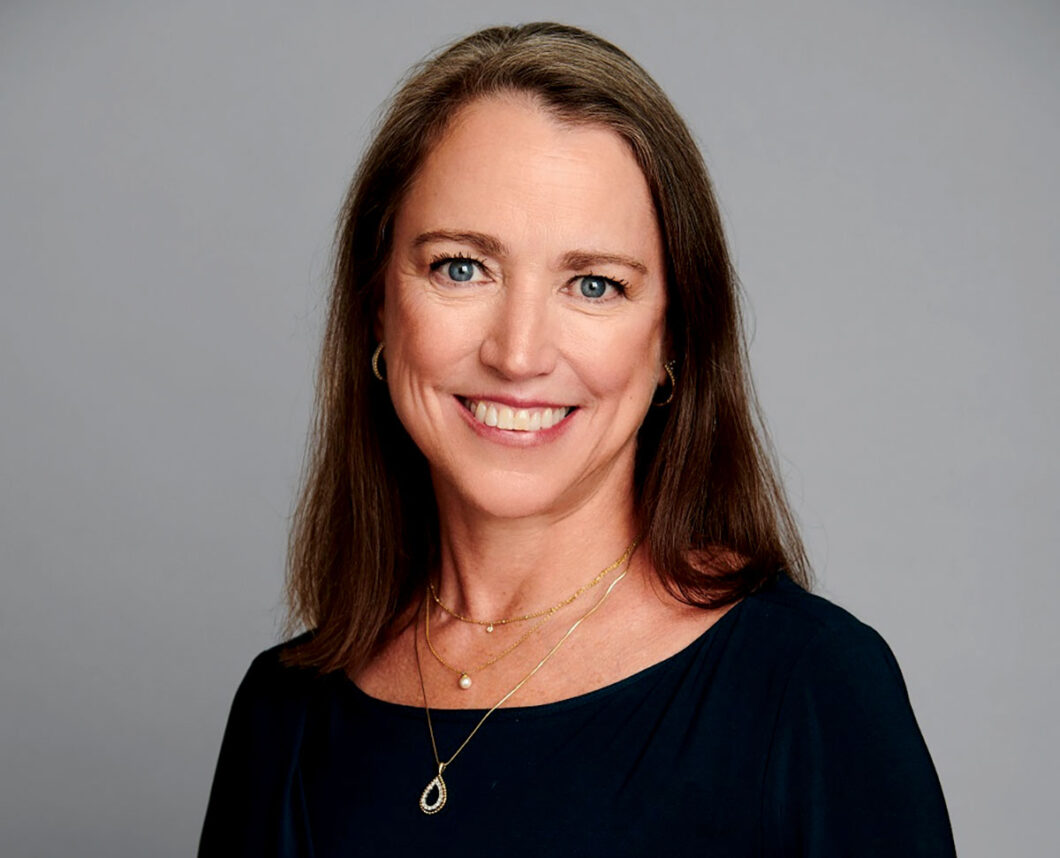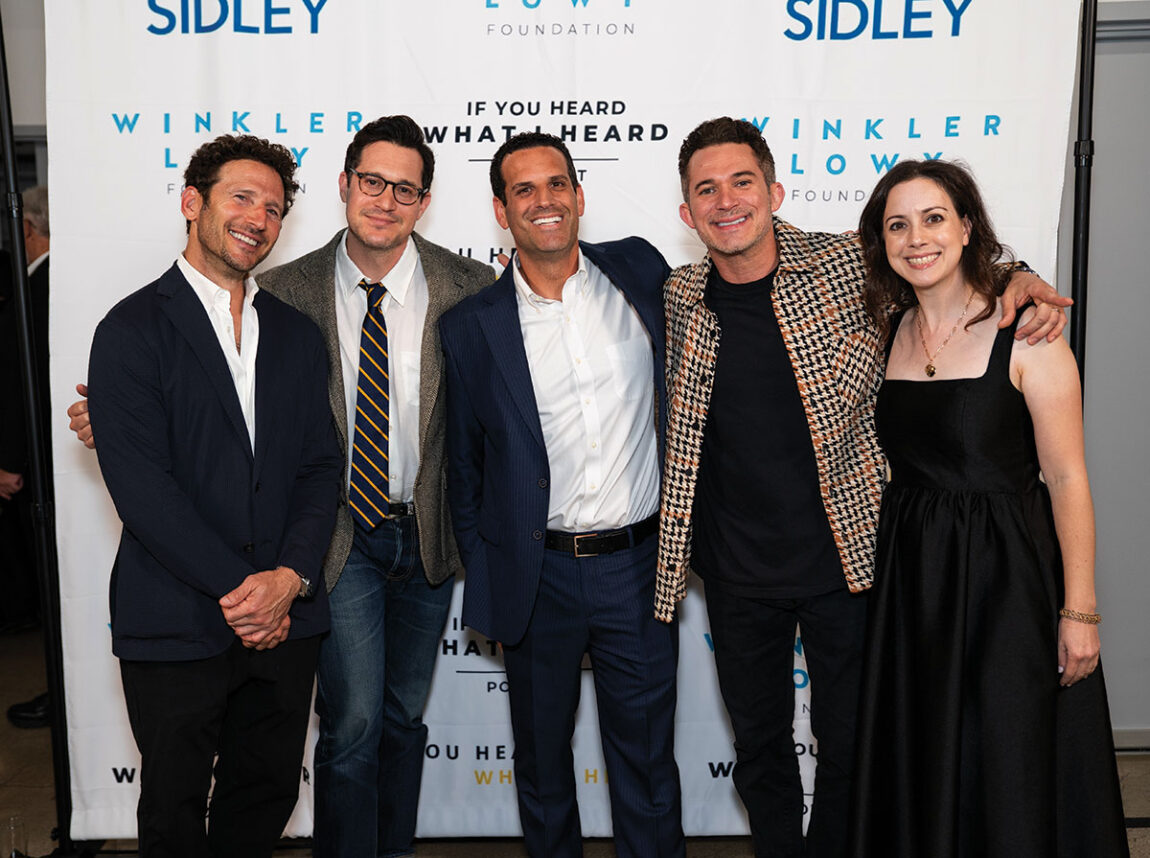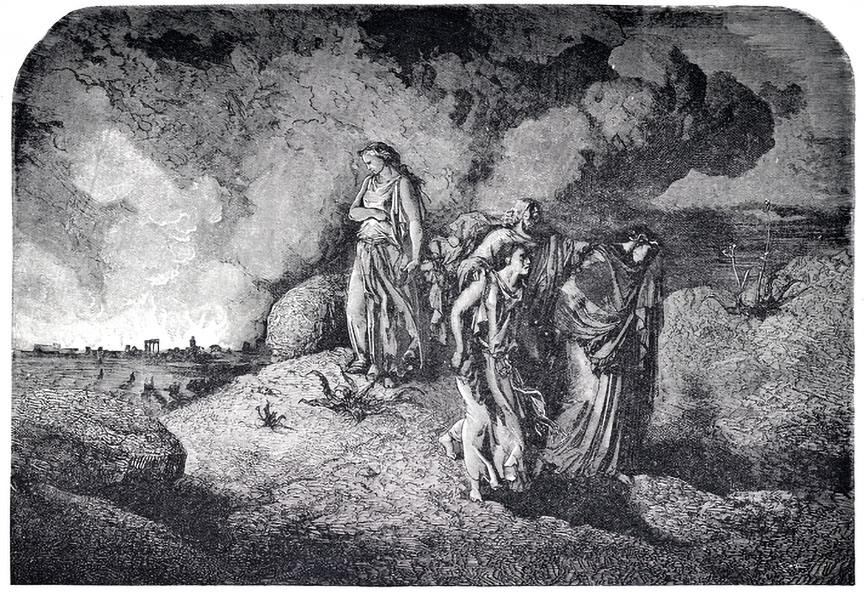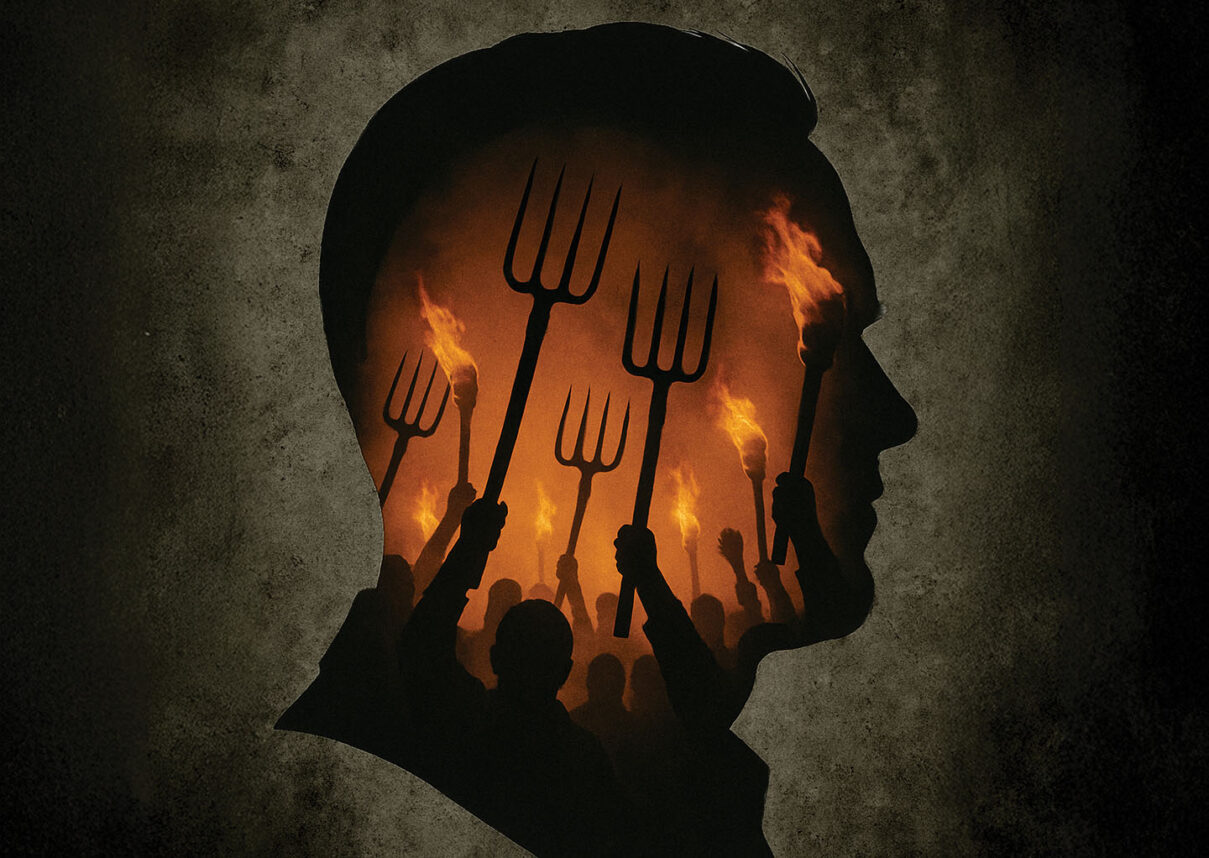
Penka Kouneva came to Los Angeles from Bulgaria in 1999 to follow her dream of becoming a film composer. She began her career as the orchestrator for Emmy Award-winning composer Patrick Williams. Later that year, she received her first scoring break with the American Film Institute (AFI) thesis short “Shadows,” a Holocaust-themed film directed by Mitch Levine.
Today, though, the 51-year-old is best known for scoring video games and virtual reality (VR) films, including “Prince of Persia” and “The Mummy,” and she is considered a pioneer in those fields by others in the industry.
“I have scored AAA games (an industry term for games with the highest development budgets and levels of promotion), and dozens of mobile and online games,” Kouneva told the Journal via email.
She’s also been the lead arranger on all Blizzard games, including “World of WarCraft” since 2006, which have grossed billions of dollars worldwide. “I’m the only woman with such credits,” she said.
But her work isn’t just restricted to games. Kouneva also composes for film. Her recent scores have included “Aga” (a Special Selection winner at this year’s Berlin International Film Festival) and Paul Salamoff’s “Encounter,” plus “Midnight Movie” and “Devil’s Whisper.” She also scored the NASA multimedia exhibition “Heroes and Legends” at the Kennedy Space Center in Florida, which was unveiled in 2016.
“Film is more about storytelling and the music supports the narrative and the emotional arc of a scene,” Kouneva said. “Game scoring is more about creating a world, a colorful, immersive environment where the gamer will transport themselves in a fantasy world for hours.”
In July 2015, Kouneva released her breakthrough orchestral album, “The Woman Astronaut,” inspired by her interest in space. She said that only 11 percent of astronauts are women and just 1 percent of the top 250 feature films made annually are scored by women composers. “Space and astronauts symbolized freedom for me since childhood,” she said.
Born in 1967 in Sofia while Bulgaria was still under Communist rule, Kouneva said, “I did not grow up with bona fide religious tradition but I always gravitated to amazing Jews,” she said. “I found the deepest connections with both men and women who gave me inspiration that influenced my philosophy and values, which helped me reclaim my lost ancestry. Jewish values have always been an instinctual pull for me.”
“The poetic text from the Neilah service touched me so deeply that I immediately decided to incorporate the idea of the closing of the gates into my next album.” — Penka Kouneva
She discovered her talent for composition at the age of 12, when she had the opportunity to write music for children’s theater.
“Music spoke to me in images, stories and emotions,” she said. When she was 17, one of her songs won the Grand Prix in Tokyo in a competition for young songwriters. “At that moment. I decided that music [was] my destiny,” she said.
After graduating from the Bulgarian Music Academy, Kouneva attended Duke University in North Carolina on a composition fellowship. In 1997, she made history as Duke’s first ever-recipient of a doctorate in composition.
In 2003, Kouneva met her husband, Daniel Schweiger, a music editor, and she attended her first Yom Kippur service with him at Steven S. Wise Temple.
“That service used a poetic text for [the] Neilah [service], which touched me so deeply that I immediately decided to incorporate the idea of the closing of the gates into my next [album],” she said. It also helped her reclaim her Jewish roots, which were stifled under a Communist regime.
“I see that my entire life journey was driven by longing,” she said. “Longing to uncover what was lost, to learn and embrace it.”









